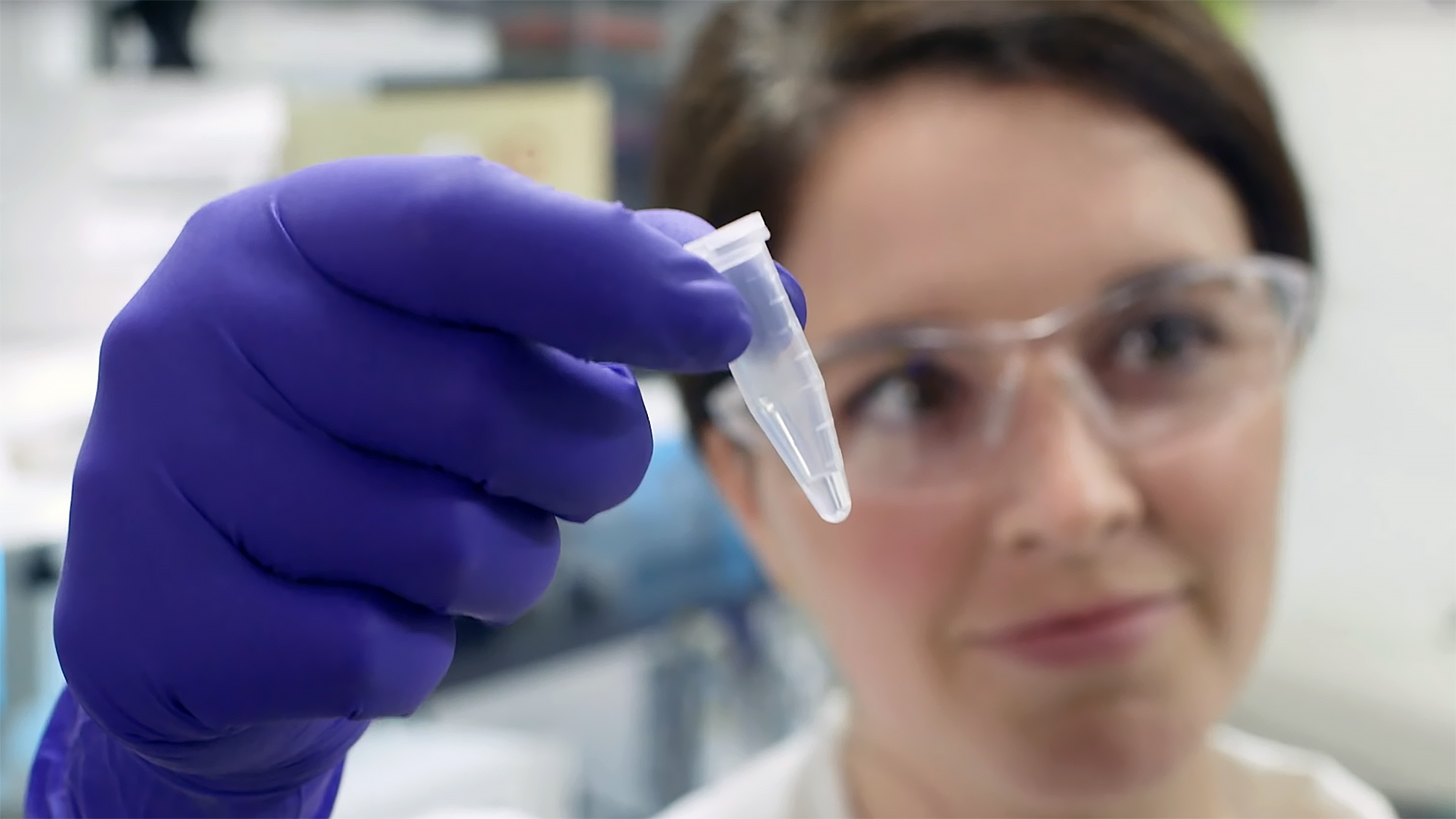As Covid-19, also known as coronavirus, spreads across the globe, people are scrambling to look for a possible cure from the contagious virus, but it could be as simple as lending your computer’s unused power.
Folding@Home (FAH) is a distributed computing project that uses spare processing power from people’s computers to aid in disease research. FAH has joined lab researchers to work toward a cure for the coronavirus and is encouraging people to download the free program to their computers.
You can download FAH if you are running macOS 10.6 or above, Windows XP SP3 or newer, 64-bit Linux, and 32-bit Linux.
“By downloading Folding@Home, you can donate your unused computational resources to the Folding@Home Consortium, where researchers are working to advance our understanding of the structures of potential drug targets for 2019-nCoV that could aid in the design of new therapies,” FAH’s website says. “The data you help us generate will be quickly and openly disseminated as part of an open science collaboration of multiple laboratories around the world, giving researchers new tools that may unlock new opportunities for developing life-saving drugs.”
FAH specifically looks at protein folding in different diseases. Researchers from labs at universities across the country use your unused data to combine computer simulations and experiments to understand the different parts of a protein and how to control a protein with drugs and mutations.
In the past, FAH has lent its resources to help breast cancer, Parkinson’s disease, Alzheimer’s, the Ebola virus, and more in advancing research. The coronavirus is the newest disease that FAH has committed to helping find a cure.

Several nations have already begun work on a coronavirus vaccine; however it would still probably take months to distribute globally, and by then, the number of people infected will be even higher.
In total, there have been more than 94,200 confirmed cases of the coronavirus worldwide, and 3,214 confirmed deaths. The virus is believed to have originated in Wuhan, China, but there have been confirmed cases in the U.S., Australia, Canada, Japan, France, Germany, and more countries around the globe. It has caused massive travel discrepancies, tech company closures, major event cancellations, and more.
Editors' Recommendations
- MacBook production delays could cause trouble for Apple
- Amazon reveals how many of its workers have caught COVID-19
- Facebook removes Trump post over coronavirus misinformation
- Fauci ‘cautiously optimistic’ we will have a coronavirus vaccine this year
- New coronavirus vaccine triggers immune response in early testing




